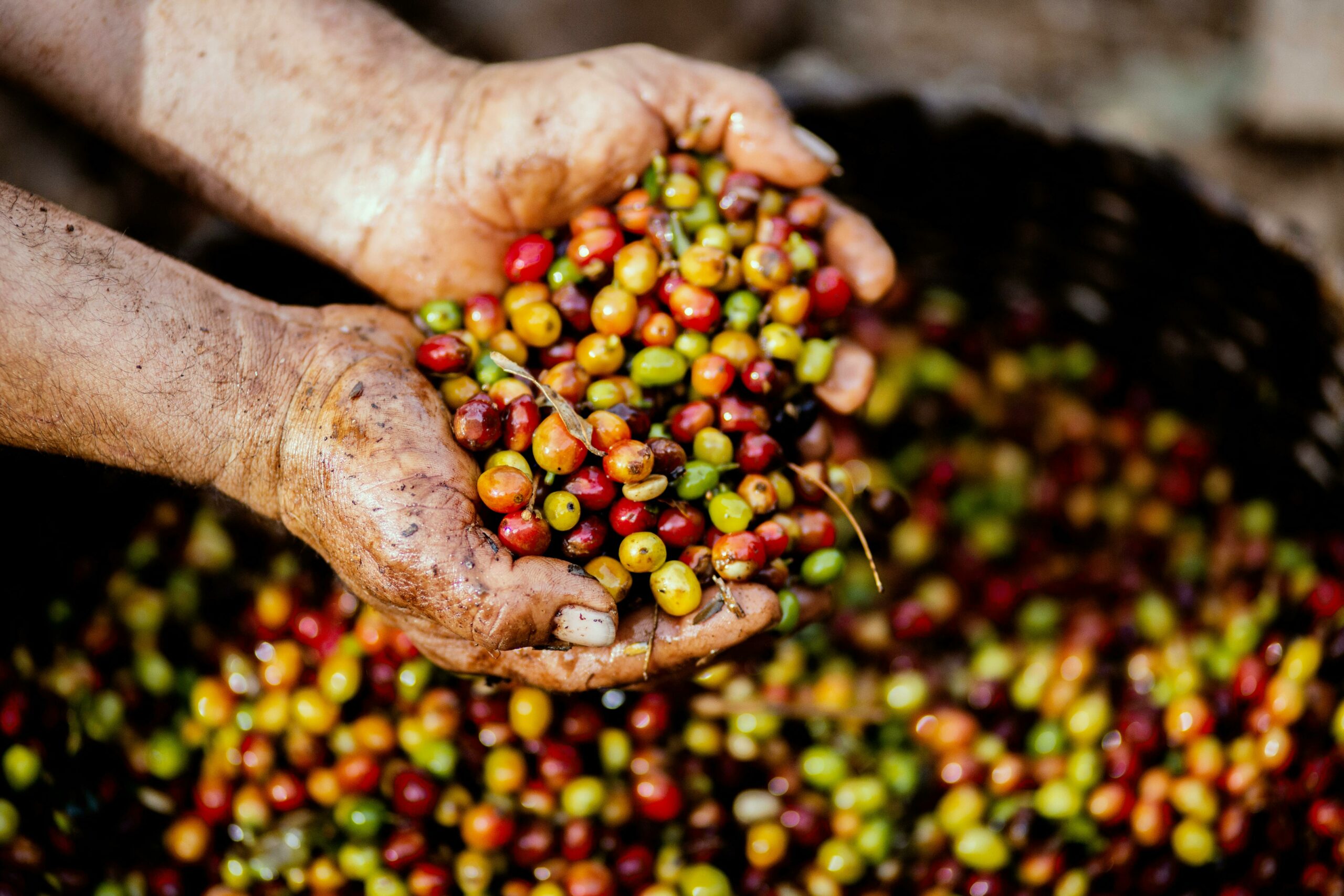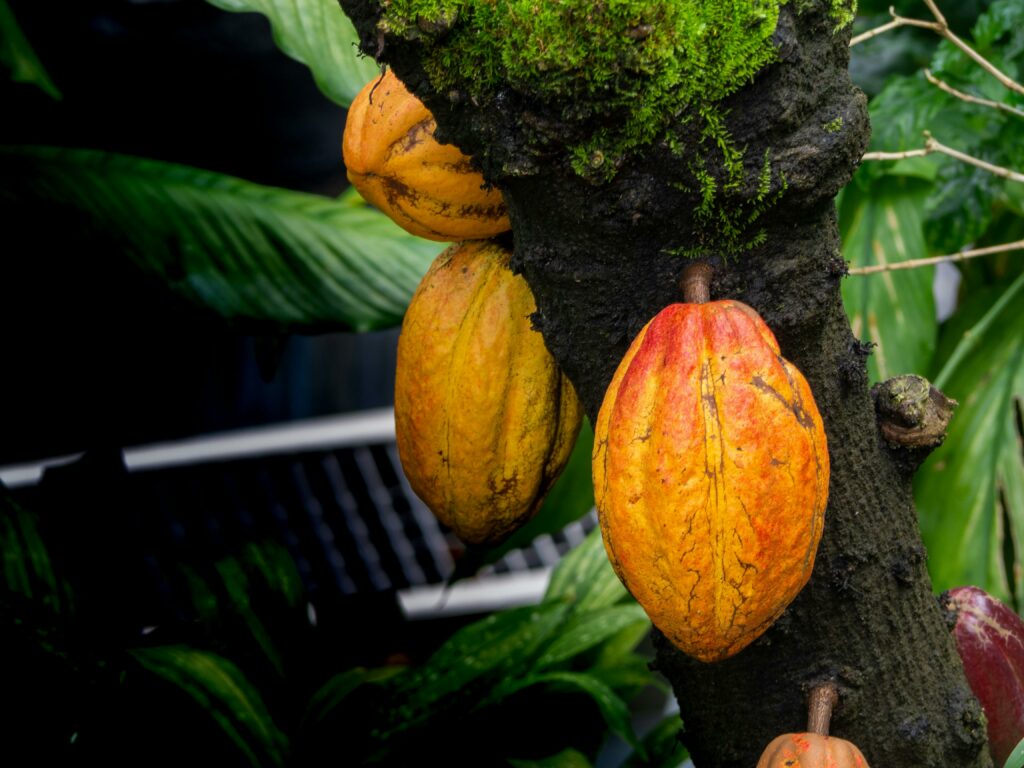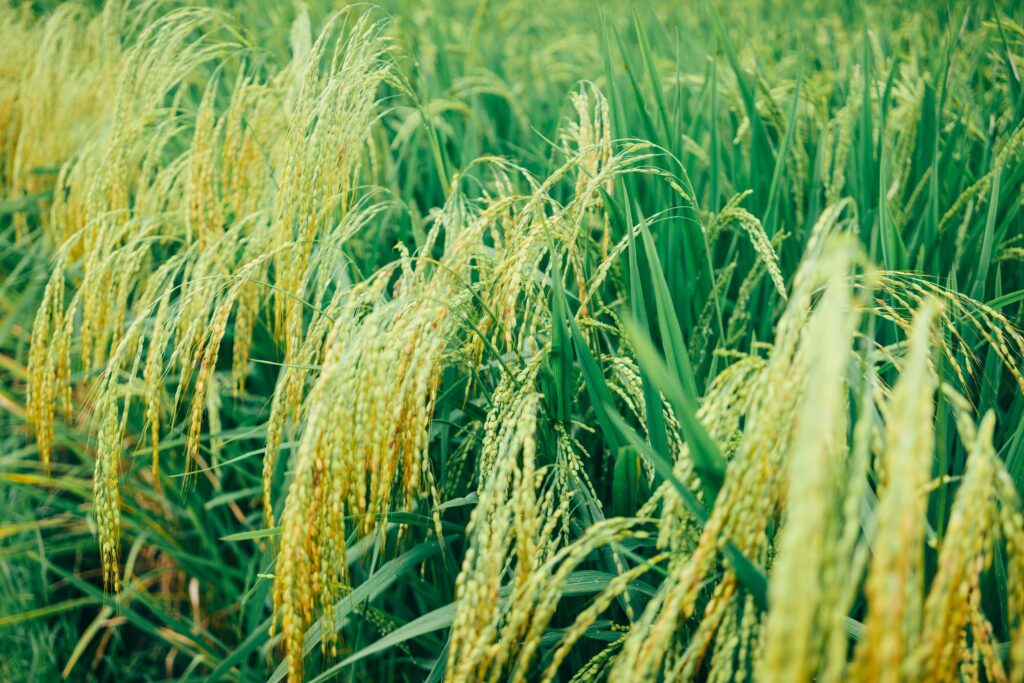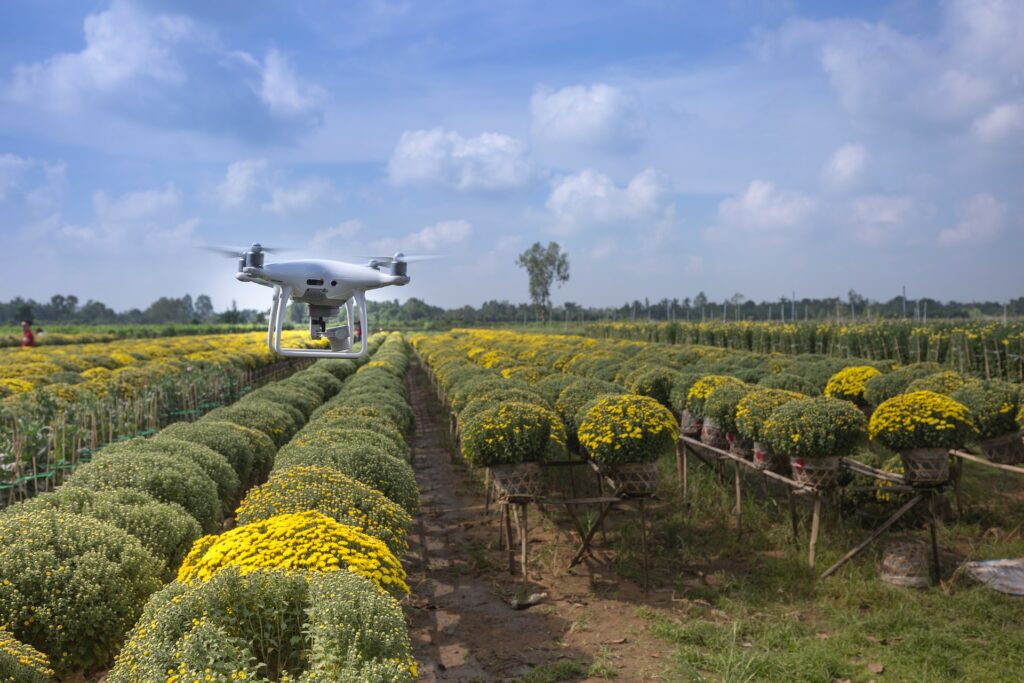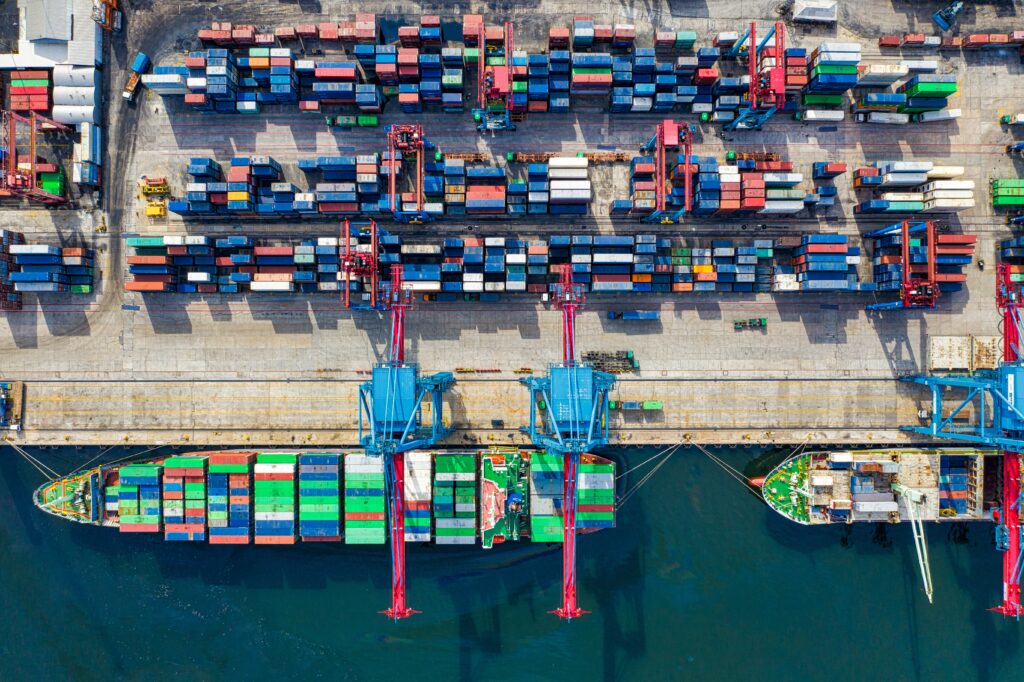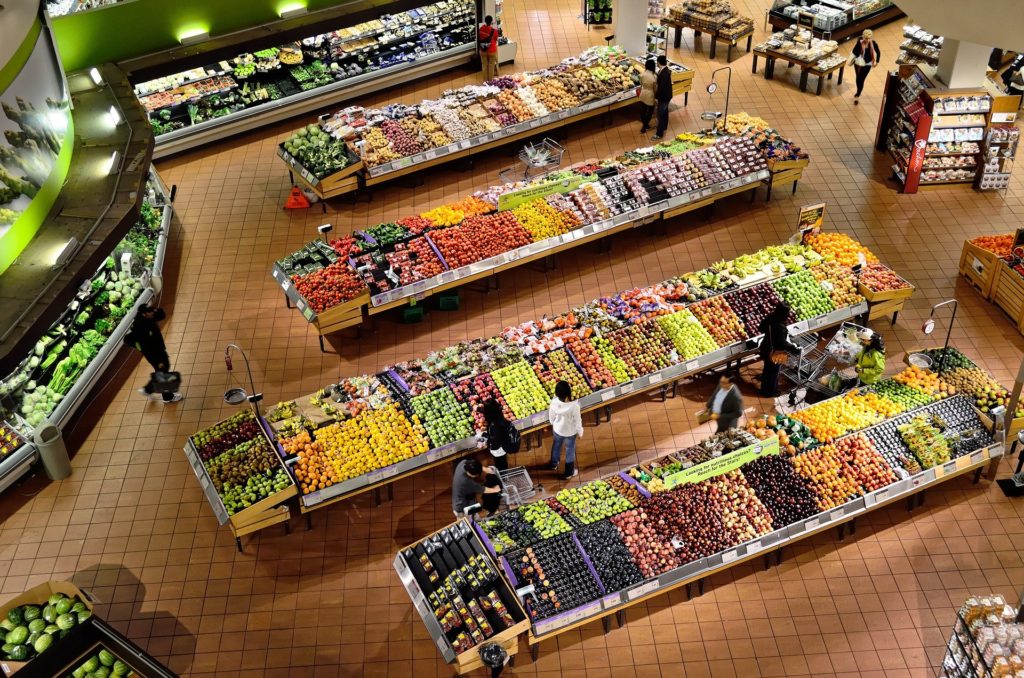Coffee is more than just a beverage; with over 2.25 billion cups of coffee consumed daily, it is one of the most widely consumed drinks in the world and one of the most traded agricultural commodities. The largest coffee-producing nations—Brazil, Vietnam, and Colombia—are responsible for 63% of the global supply, while major consumers such as the European Union and the United States dominate the market.
Category Archives: Responsible consumption
Cocoa is the main component of a vast industry with far-reaching repercussions on a global scale. While many of us love chocolate for its taste, cocoa has a less sweet side that poses serious problems. The cultivation and production processes are linked to complex challenges covering social, environmental and economic dimensions. Challenges, analysis and new solutions.
Low maintenance and investments in coconut farming challenge sustainability, impacting major producing nations and rural communities
Explore how rice, feeding one-fifth of global calories, faces supply chain challenges amid rising demand and declining yields
Digital technologies enable transparency and sustainability in agricultural supply chains, improving environmental and human rights practices
In application of the CSRD directive, the European Commission adopted its ESRS standards in late July 2023. Overview and comparison with ISSB.
Discover how integrating Life Cycle Assessment with human rights due diligence creates more sustainable and ethical biomass supply chains
Learn how to comply with the German Supply Chain Act bringing additional human rights and environmental compliance in the supply chain world.
Ksapa delves into aligning private sector SDG commitments with robust impact metrics aligned with international standards.
How to mainstream sustainable consumption behavior? Key Learnings from the Sustainable Share Index outlined in this article.

